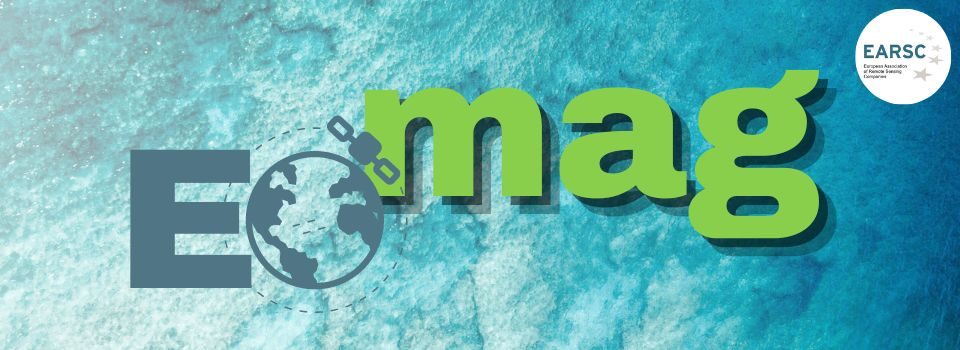Ministers also recalled the importance of maintaining a European
autonomous Earth Observation capacity supporting political decision
making, as well as the importance of the international dimension of
GMES and its status as the main European contribution to the worldwide
Global Earth Observation System of Systems (GEOSS). Besides GMES, a
progress report on the development of the European Space Policy has
also been presented to the ministers.
autonomous Earth Observation capacity supporting political decision
making, as well as the importance of the international dimension of
GMES and its status as the main European contribution to the worldwide
Global Earth Observation System of Systems (GEOSS). Besides GMES, a
progress report on the development of the European Space Policy has
also been presented to the ministers.
The Space Council – a joint and
concomitant meeting of the European Space Agency Council at ministerial
level and of the European Union Competitiveness Council – was held in
Brussels today. It was jointly chaired by the current Chairs of the ESA
Council at ministerial level and of the EU Competitiveness Council, in
this case the German Minister of Economy and Lord Sainsbury of
Turville, UK Minister for Science respectively.
concomitant meeting of the European Space Agency Council at ministerial
level and of the European Union Competitiveness Council – was held in
Brussels today. It was jointly chaired by the current Chairs of the ESA
Council at ministerial level and of the EU Competitiveness Council, in
this case the German Minister of Economy and Lord Sainsbury of
Turville, UK Minister for Science respectively.
The Ministers recognized the positive
results of the cooperation between the EU, ESA and their Member States
in the initial phase of GMES, and recommended that this cooperation
should continue to play a key and visible role in the overall
management of GMES.
results of the cooperation between the EU, ESA and their Member States
in the initial phase of GMES, and recommended that this cooperation
should continue to play a key and visible role in the overall
management of GMES.
During this meeting, as highlighted in a
recent Communication of the Commission on this subject, the Ministers
reaffirmed that the implementation of GMES will see the early
deployment of three fast-track services on Emergency Response, Land
Monitoring, and Marine Services, due to enter the pilot operational
phase by 2008. Other services will follow according to a deployment
plan covering the years 2009-2013.
recent Communication of the Commission on this subject, the Ministers
reaffirmed that the implementation of GMES will see the early
deployment of three fast-track services on Emergency Response, Land
Monitoring, and Marine Services, due to enter the pilot operational
phase by 2008. Other services will follow according to a deployment
plan covering the years 2009-2013.
In order to ensure the continuity of data
necessary for the establishment of operational GMES services and to
avoid duplication, the Ministers requested that best use of existing
and planned satellite and in-situ systems on European and national
level is made. To this end, they invited national Agencies and European
organisations which already possess or are in the process of building
up relevant assets and capacities (such as EUMETSAT for instance) to
make their capacities available to the GMES initiative at appropriate
conditions.
necessary for the establishment of operational GMES services and to
avoid duplication, the Ministers requested that best use of existing
and planned satellite and in-situ systems on European and national
level is made. To this end, they invited national Agencies and European
organisations which already possess or are in the process of building
up relevant assets and capacities (such as EUMETSAT for instance) to
make their capacities available to the GMES initiative at appropriate
conditions.
Though it was largely devoted to GMES,
this third meeting of the Space Council received a report on the
progress made towards the development of the European Space Programme
and engaged in a debate on the international dimension of the European
Space Policy on the basis of a discussion paper submitted by the
Presidency.
this third meeting of the Space Council received a report on the
progress made towards the development of the European Space Programme
and engaged in a debate on the international dimension of the European
Space Policy on the basis of a discussion paper submitted by the
Presidency.
(Credits Europa)
